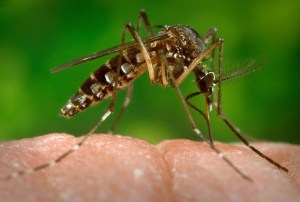WHO has made it an urgent task to drive this research forward because of strong indications that the virus causes neurological defects in unborn babies. “There are currently 18 research projects on vaccines against the virus, which usually causes only mild flu symptoms. “The most advanced of them are still a few months away from first human clinical trials. “They might come too late for the current outbreak in Brazil,’’ Kieny said. Brazil has had the largest share of infections amid the outbreak in Latin America. Brazilian authorities have estimated up to 1.5 million infections, but they have stopped counting due to the rapid spread of the virus.
The virus is mostly transmitted by Aedes aegypti mosquitoes, which also spread very similar viruses including the one that causes dengue fever. “However, insecticides have not had a significant impact on dengue transmission and might therefore also not help against Zika,’’ WHO cautioned. Kieny said that Aedes aegypti is the cockroach of mosquitoes. Latin American countries are considering alternative techniques, such as sterilising insects in laboratories, infecting them with certain bacteria, or using genetic engineering. WHO said that extreme rigour was needed for evaluating such novel tools.
According to WHO, developing a medicine against Zika is not a priority because it would be difficult to test new products on pregnant women.
Source: Leadership Online

 The World Health Organisation (WHO) has said the first tests of Zika vaccines on humans are expected to start only at the end of the year.
The World Health Organisation (WHO) has said the first tests of Zika vaccines on humans are expected to start only at the end of the year. 




